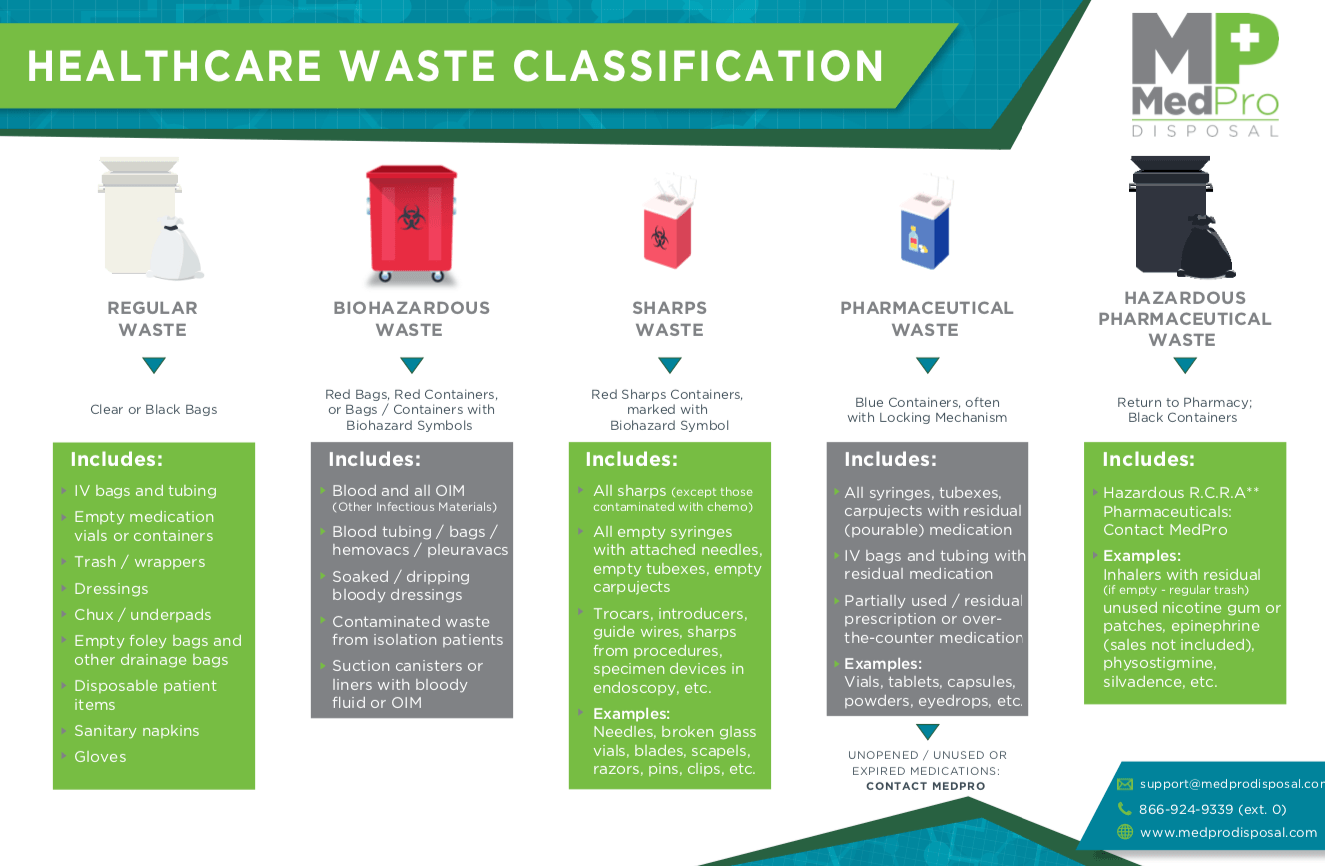The Significance of Appropriate Waste Disposal Practices
The monitoring of waste is an important facet of environmental stewardship that usually goes undetected in our lives. Proper garbage disposal practices are not just an issue of benefit however are necessary for securing our environments and public health. From the repercussions of incorrect waste disposal on our atmosphere to the long-term ramifications for future generations, the relevance of adopting lasting waste administration methods can not be overstated. By exploring the ecological influence of untrustworthy waste disposal, the benefits of recycling efforts, and the relevance of neighborhood interaction in waste reduction initiatives, a much deeper understanding of why proper garbage disposal techniques are essential arises.
Ecological Influence of Improper Disposal
Improper disposal of waste presents a significant hazard to the setting as a result of its damaging impacts on ecological communities and human health and wellness. When waste is not appropriately managed, it can lead to pollution of the air, soil, and water, causing damage to different plant and animal types. click here. Chemicals and contaminants from poorly disposed waste can permeate right into the ground, infecting groundwater sources and impacting the health of both wildlife and humans
Additionally, the buildup of waste in garbage dumps produces greenhouse gases like methane, adding to climate modification and international warming. Improper disposal techniques additionally cause littering, which not only degrades the visual value of the setting but can also harm wildlife through ingestion or complication.
To minimize these ecological influences, it is crucial for neighborhoods and people to embrace correct waste disposal methods such as reusing, composting, and accountable hazardous waste disposal. By taking these steps, we can help shield communities, protect natural deposits, and protect human health and wellness for current and future generations.
Benefits of Recycling Programs
Frequently taking part in recycling programs uses countless advantages for both the atmosphere and society as a whole. This preservation of resources not just aids in preserving ecological balance yet likewise contributes to lasting advancement.
In addition, recycling plays an important function in reducing power intake and greenhouse gas exhausts. The manufacturing of items from recycled materials usually requires much less power compared to making from virgin sources - medical waste removal. Consequently, the carbon impact associated with the manufacturing procedure is significantly reduced, helping in the fight versus climate change
In addition, reusing programs create task opportunities in the recycling sector, advertising financial growth and social welfare. By urging the recycling and reuse of materials, these programs sustain a round economy that minimizes waste generation and takes full advantage of source performance, inevitably bring about a cleaner, greener future for generations to come.
Hazardous Waste Administration Standards
Executing reliable contaminated materials monitoring guidelines is important for lessening ecological and health risks connected with the inappropriate disposal of hazardous products - click here. Correct handling, treatment, and disposal of unsafe waste are vital to stop contamination of dirt, water resources, and air
One secret guideline is correct labeling of harmful waste containers to ensure risk-free handling and transport. Furthermore, centers should abide by stringent storage space needs to avoid leaks, spills, or accidents that might endanger human health and wellness and the setting. Normal training programs for staff members on contaminated materials management methods are likewise essential to make sure conformity with regulations and promote a culture of safety and security.
Furthermore, hazardous waste must be segregated based upon its residential properties to avoid chain reactions that could bring about harmful situations. Carrying out a thorough waste radar can aid keep track of the motion of harmful materials from generation to disposal, making certain openness and accountability. By adhering to these guidelines carefully, organizations and industries can add to a safer and cleaner environment for present and future generations.
Community Involvement in Waste Decrease
To efficiently resolve the ecological and health threats related to harmful waste management, involving the community in waste reduction initiatives is extremely important. Community participation plays a critical function in promoting lasting waste management techniques and fostering a culture of ecological duty. By informing homeowners about correct waste partition, reusing, and composting techniques, neighborhoods can significantly minimize the amount of waste sent out to land fills, therefore minimizing environmental contamination and saving natural deposits.
Neighborhood engagement in waste decrease programs also assists in elevating awareness concerning the value of waste reduction and urges people to adopt environmentally friendly routines in their daily lives - medical waste removal service. Joint initiatives in between local authorities, waste administration companies, and neighborhood participants can cause the execution of efficient waste reduction strategies customized to the certain requirements of each community or town
Furthermore, community interaction fosters a feeling of ownership and liability among locals, empowering them to take aggressive steps in the direction of reducing waste generation and advertising a cleaner, healthier atmosphere for current and future generations. By collaborating towards common waste reduction goals, areas can make a significant effect on minimizing the unfavorable effects of inappropriate garbage disposal techniques.

Future of Sustainable Waste Practices
Traditional waste disposal approaches, such as landfilling and incineration, are no much longer sustainable in the lengthy term due to their considerable environmental effects. Relocating forward, the future of sustainable waste practices exists in welcoming a round economic situation method, where sources are reused, recycled, or repurposed to decrease waste generation.
Technological innovations play an essential duty in forming the future of lasting waste methods. Advanced waste sorting and recycling innovations can assist enhance the effectiveness of waste monitoring processes, enabling the recuperation of valuable resources from waste streams. Additionally, the fostering of eco-friendly products and composting techniques can help in reducing the amount of organic waste winding up in landfills, thus mitigating greenhouse gas discharges.
In addition, advertising customer awareness and education and learning on appropriate waste partition and disposal methods is crucial for driving behavior adjustment towards sustainability. By fostering a culture of waste decrease, recycling, and reuse, areas can collectively add to a cleaner and healthier environment for future generations.

Final Thought
In conclusion, proper garbage disposal methods are important for lessening environmental effect and advertising sustainability. By executing reusing programs, managing unsafe waste effectively, and encouraging neighborhood involvement in waste reduction efforts, we can function in the direction of a cleaner and much healthier atmosphere. It is essential for businesses, governments, and individuals to prioritize lasting waste techniques for the future wellness of our earth.
.jpg)
From the effects of improper waste disposal on our environment to the lasting effects for future generations, the importance of taking on lasting waste monitoring methods can not be overstated. By discovering the environmental influence of irresponsible waste disposal, the benefits of recycling campaigns, and the significance of area engagement in waste decrease initiatives, a deeper understanding of why proper waste disposal techniques are critical arises.
By educating citizens about proper waste segregation, recycling, and composting techniques, neighborhoods can considerably lower the amount of waste sent out to land fills, thus decreasing environmental air pollution and saving natural see this site sources. (click here)
Moving ahead, the future of lasting waste techniques lies in accepting a circular economic situation strategy, where sources are recycled, recycled, or repurposed to lessen waste generation.
Advanced waste sorting and reusing innovations can aid enhance the performance of waste monitoring procedures, allowing for the recovery of important sources from waste streams.